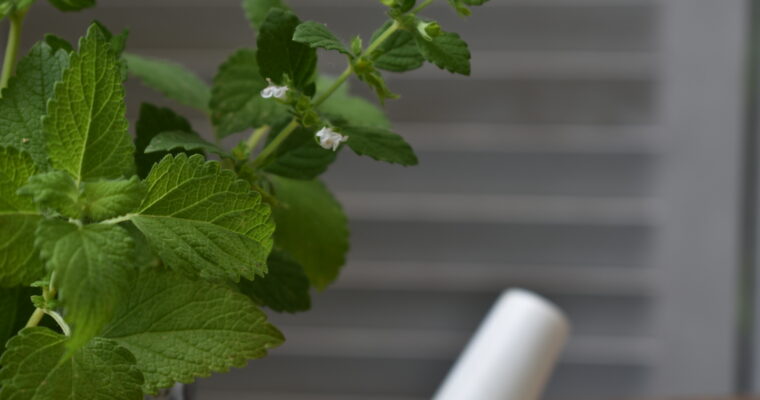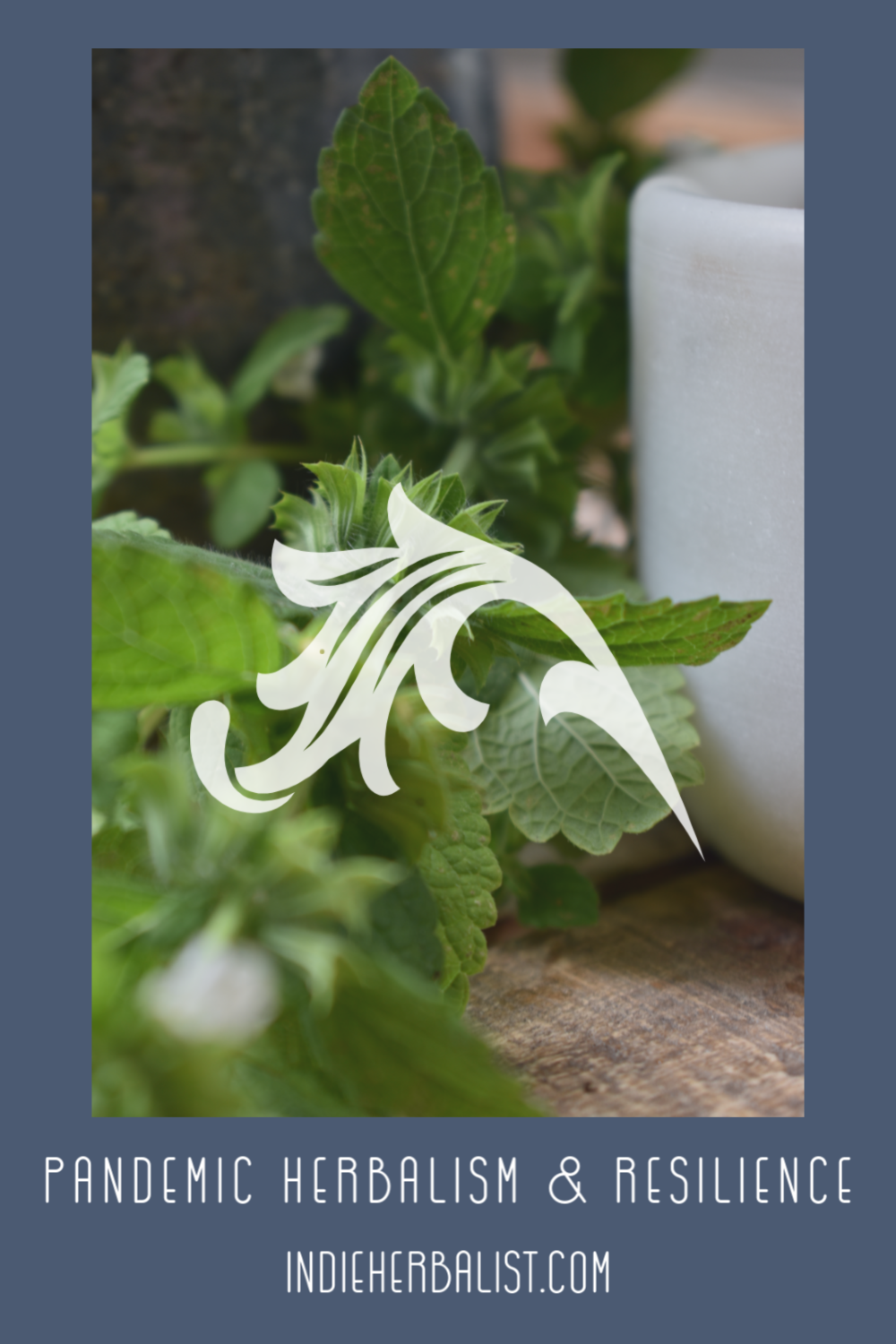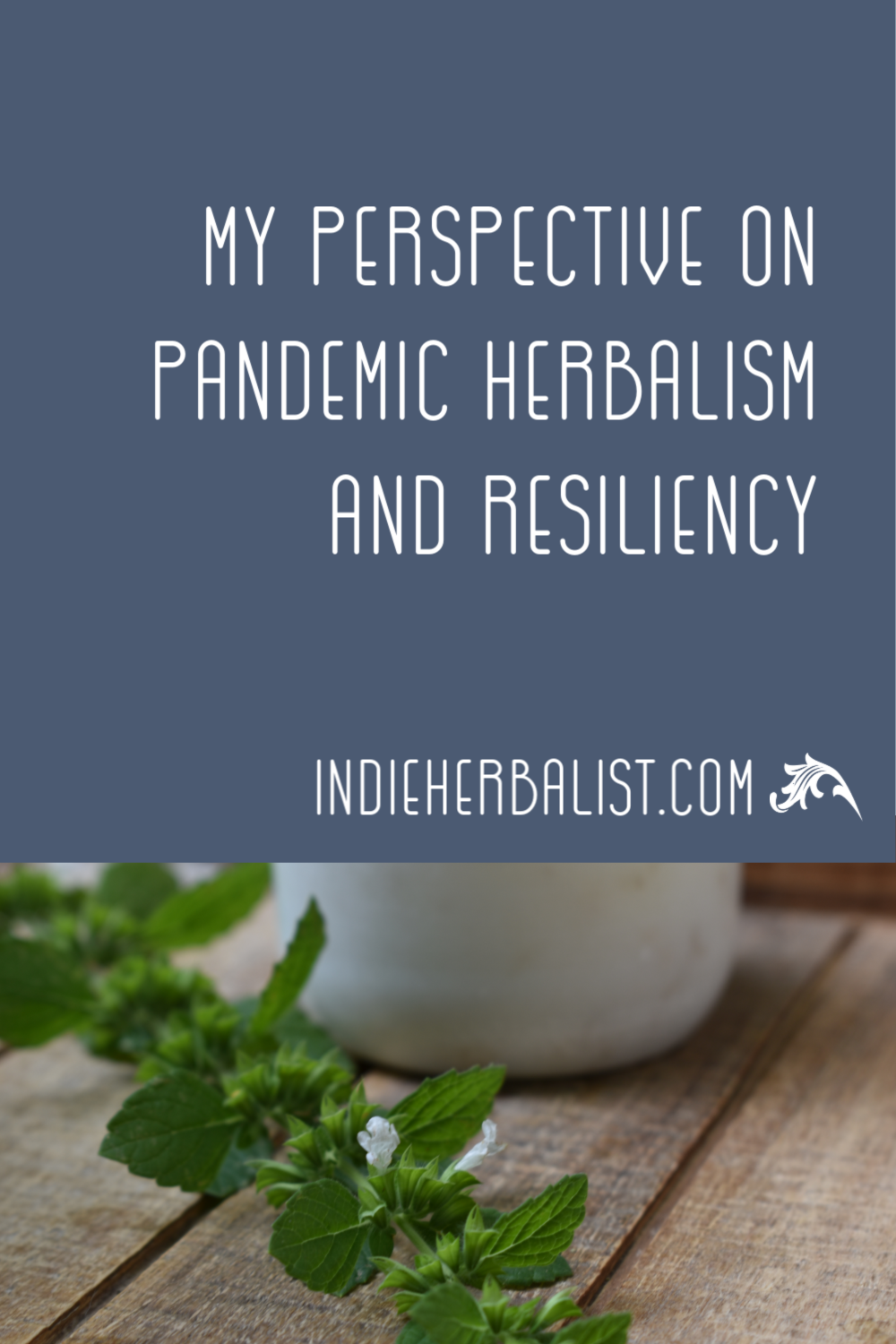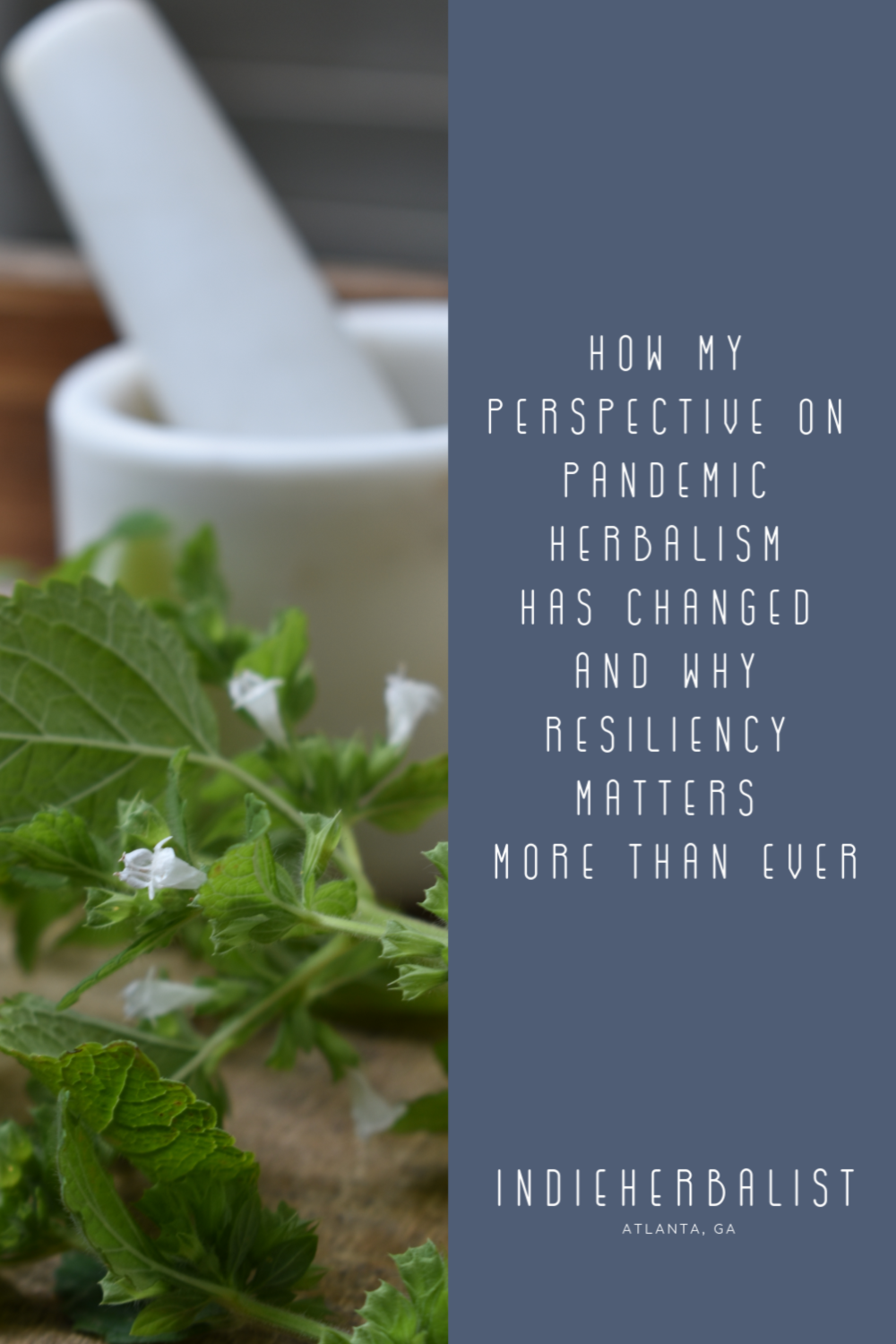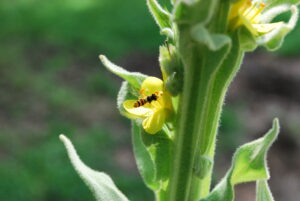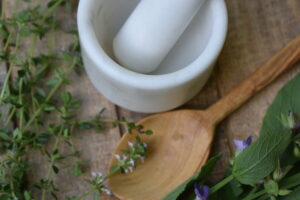Links contained in this post and elsewhere on my website may include affiliate links. When you make a purchase through these links, I earn a commission at no additional cost to you. I only link to products and services that I love - and that I think you will love, too!
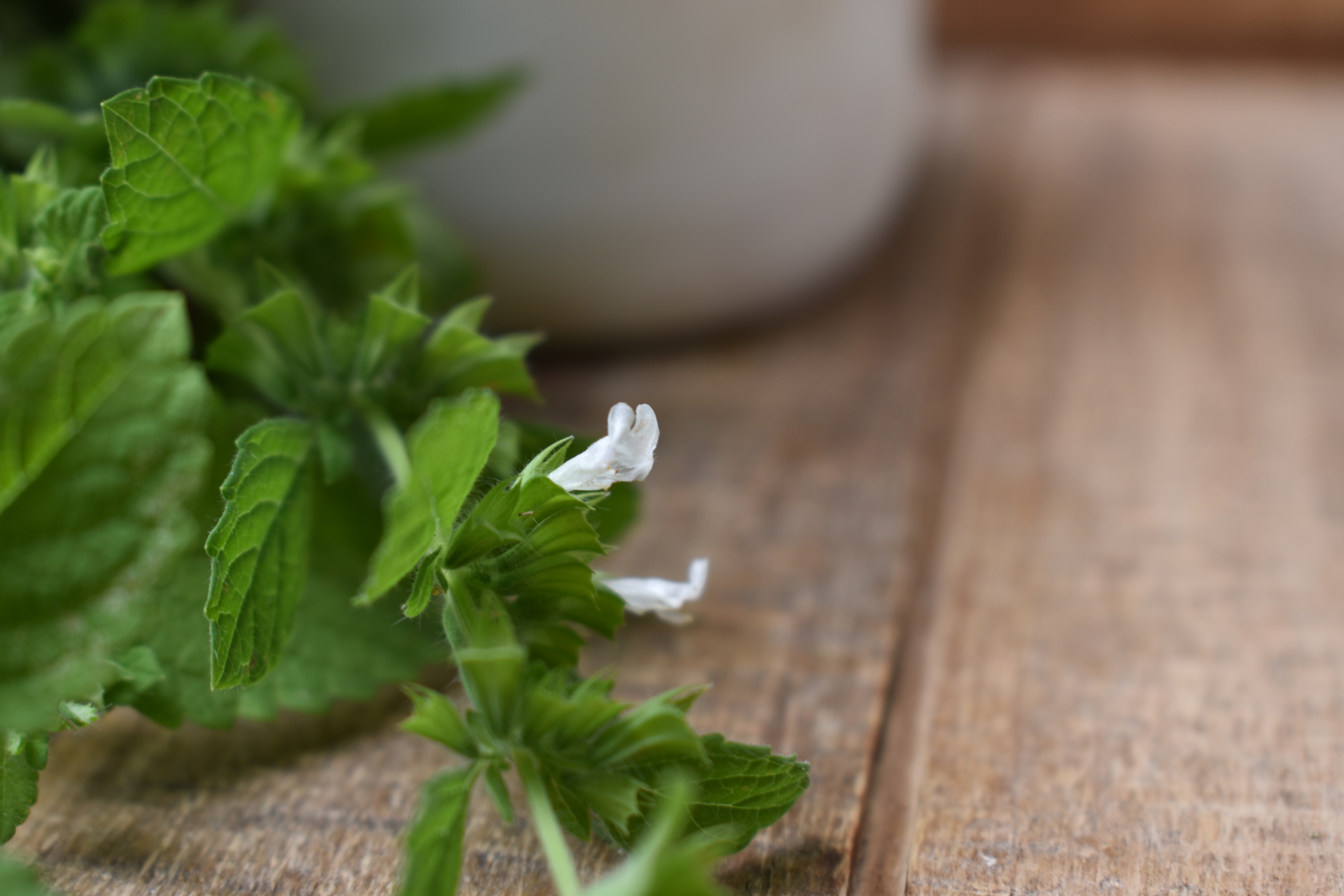
The coronovirus pandemic changed so much overnight. I’ve always been a very goal oriented, follow your dreams, stay true to personal values type of person. Mainly, this pandemic has given me room through furlough to pivot and clarify my purpose. But my perspective on herbalism, including pandemic herbalism, has changed, too.
Most of you know that I’m prepper. Not a rabid, crazy prepper full of conspiracy theories. Just a pragmatic, everyday “real life can be tough” kind of prepper. After all, experiencing things like a power grid that goes down whenever there are high winds, sizing up your options for a wildfire evacuation, nearby industrial accidents, ice storms that can shut you in for a week, and even (thankfully, minor) earthquakes does make you more aware of. . . possibilities. Rural America is sometimes a crazy place!
So I’ve always approached herbalism from the standpoint of a prepper and community. What happens if there’s an ice storm that delays a trip to the hospital? How can I make tea if the grid’s down? What would we do as a community if the hospital closed? If anything, the pandemic has highlighted that, but also deepened my pursuit of herbalism as a calling. It’s also made a very strong case that resilience matters.
Health justice and pandemic herbalism
Being furloughed for the last few months has been tough. I’ve taken a long, hard look at exactly what matters to me and why. For one thing, health justice is really important to me. More so than ever! Also, food security.
The pandemic is confirmation for me that the things I have always valued are indeed valuable. Maybe that sounds strange. But think about it. Modern medicine often laughs at herbalism as backwardness and superstition. And very few people appreciate the link between rural communities and the food on their plates.
I’ve watched the agricultural community decimated because people refuse to pay attention or pay a fair price for the very food that sustains them. I’ve watched lawsuits over property values because some people don’t understand that farming literally stinks. Over and over again people deride the intelligence of rural communities who are struggling to preserve their way of life – a way of life that is the only thing making sure that others can eat. Is it imperfect? Yes. Is it brutal? Absolutely. Is it crumbling around their ears? If you aren’t scared now, you should be.
Pandemic herbalism and the supply chain
Recently during the pandemic, there were widespread shortages from many large herbal companies. People stockpiled herbs like toilet paper! That was kind of a surprise to me. I don’t think most people know how to use what they were buying (see my next point). I always imagined the herbal supply chain was reasonably well protected from a surge in demand. My money went to shortages caused by natural disasters or shipping interruptions from gas prices or strikes. Surprise!
Here’s the thing: pandemic preparedness and pandemic herbalism are not about stockpiling herbs. Herbs are perishable. Herbs are living plants. They need to be grown every year as part of a cycle of harvest and renewal. As a farmer and gardener, I know the origin point of the supply chain. I know how tenuous it is! Weather. Plant disease. Insect plagues. Ebb and flow of supply and demand. A supply chain is an ecosystem.
It’s easy to forget that herbs aren’t that bottle of extract or capsules, or those bags of tea. Herbs are what’s growing in the field right now. And we won’t be able to know how much is available to fill demand until after the harvest is pulled in. We need more community gardens and small herb farmers to create supply chain resilience. We need local resilience. But that resilience won’t be possible unless people decide to value relationships with small farmers and their communities.
My friends have always joked about my “plague garden” with a mix of admiration and puzzlement, but it turns out it wasn’t such a bad idea after all.
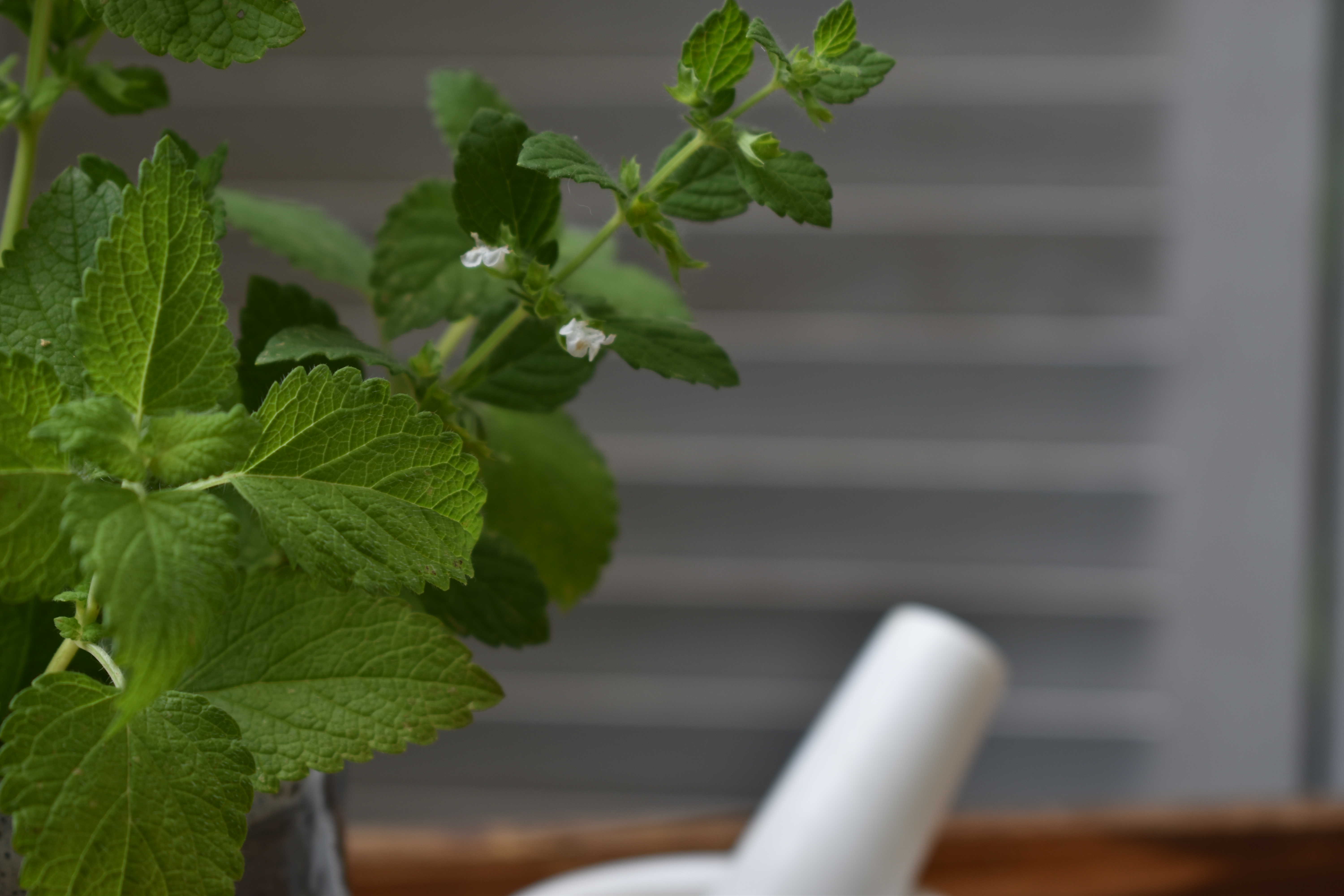
Herbal preparedness is herbal education. Full stop.
It’s also made me consider how I can create information that will contribute to building resilient communities by supporting accessible herbal education. I’ve noticed that people get preoccupied with herbal first aid kits when the topic of herbal preparedness comes up. But it’s so much more than that! What happens when suddenly you would much rather avoid the hospital? Are you healthy enough that you can avoid it? How do you cultivate that level of health? I’m experienced with this, but it was a new experience for several people I’ve talked to. In my case, avoiding doctors and hospitals is a matter of cost. I’ll go if something is serious, but being able to go for every little concern is not an option. No insurance, no healthcare.
But knowing how to use herbs to support health requires finesse. I suspect that many people buying up and stockpiling herbs as a way to increase their odds of avoiding a trip to the hospital don’t actually know how to use them. And that can be problematic. Herbs are natural, but natural isn’t the same as safe. If you don’t know how to use it, you aren’t prepared!
The pandemic made it very clear to me that we need better, widespread herbal education, and that it needs to focus on the individual and family. Learn how to take care of yourself and your family. Make healthy your first priority, and then invest in a good, sound herbal education. It doesn’t have to be expensive. But it does need to be more developed than Professor Google or your average health food store clerk can provide.
I trust traditional herbalism even more
If there’s one scary, crazy thing about the coronavirus pandemic, it’s that modern medicine is floundering to find the answers. In the meantime, modern medicine is doing what it’s best at – providing heroic measures to save human life in the face of terrifying odds.
My knowledge of traditional herbalism still serves me well. It has always, and I know it will continue to do so. I don’t have to use medical language to describe what I do. Herbalism transcends that. Is it informative to study herbs from a scientific perspective? Sometimes. But not always. Herbalism is a complex language and doesn’t always translate well.
The pandemic has also reaffirmed for me that I don’t need or have time for complicated herbal protocols and technical conjecture about herbal actions forced to fit allopathic frameworks. I know how they will behave and how my body will respond. Herbalism is built on a logical framework and systematic observation with the five senses. It has already stood the test of time far longer than modern medicine. I suspect it will continue to do so.
We are an ecosystem
So, the pandemic has been a lesson in resilience and honing in on what matters, both in my personal life and as an herbalist. If there is one heartbreaking realization that has come to me during this pandemic, it’s that the world is completely sold on the idea that man was given dominion over the earth.
Despite what you think, we are not in control. There are too many variables. We are, like our plants, at the mercy of weather and pestilence and barren soil. And by divorcing ourselves from the soil, from community, and from inter-being, we have lost. But we are not completely lost. The path is still there.
